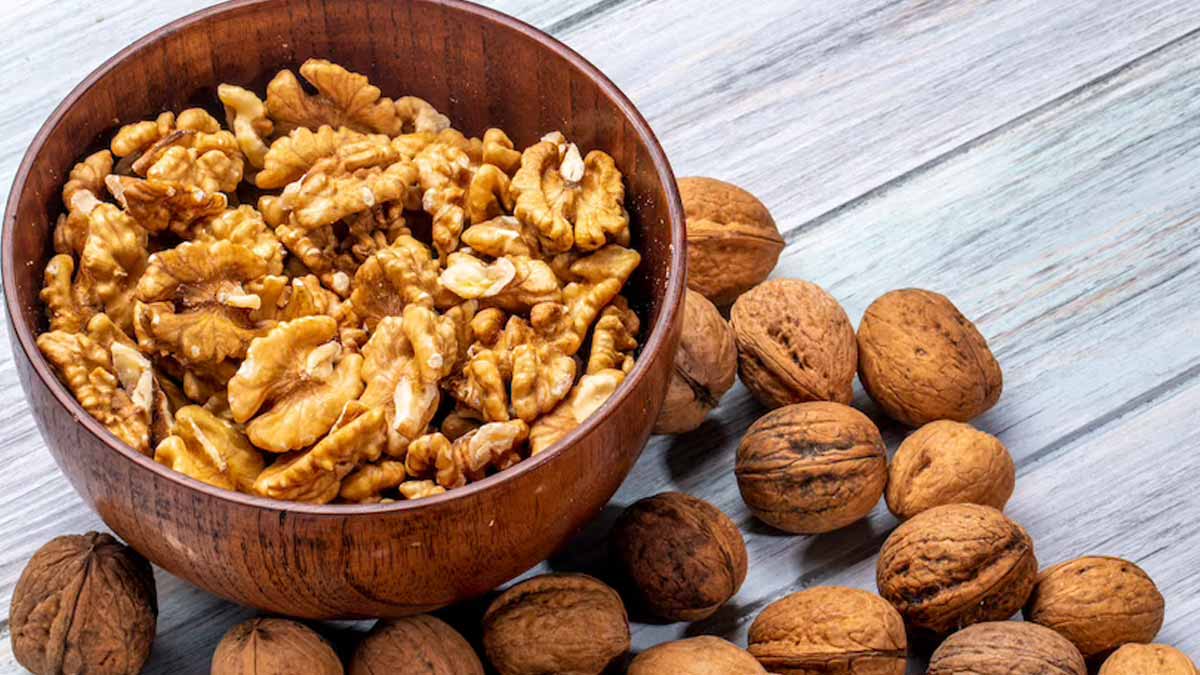Walnuts, celebrated for their myriad health benefits, have become a cornerstone in the diets of health-conscious individuals worldwide. Rich in omega-3 fatty acids, antioxidants, and fiber, these nuts are known for bolstering heart health, combating inflammation, and supporting cognitive functions. However, despite their nutritional prowess, walnuts are not free from drawbacks. This guide aims to shed light on the potential side effects of walnuts, providing essential insights for those looking to incorporate them into their diets responsibly. Understanding these side effects is crucial for maximizing the health benefits of walnuts while minimizing any adverse impacts on your well-being.
Allergic Reactions
One of the most pressing concerns with walnut consumption is the risk of allergic reactions, which can range from mild to potentially life-threatening. Individuals with a sensitivity to walnuts may experience symptoms such as itching, swelling, and in severe cases, anaphylaxis. This necessitates caution and awareness, particularly for those with known nut allergies. Recognizing the signs of an allergic reaction and knowing how to respond is paramount for anyone incorporating walnuts into their diet. If you’re unsure about potential allergies, consulting with a healthcare provider for allergy testing and guidance can help prevent adverse reactions and ensure a safe dietary inclusion of walnuts.
Gastrointestinal Issues
Despite the digestive benefits attributed to the high fiber content in walnuts, overindulgence can lead to gastrointestinal discomfort. Symptoms like bloating, gas, and diarrhea are common side effects for some individuals, particularly when walnuts are introduced suddenly and in large amounts to the diet. To mitigate these issues, gradually increasing walnut intake and monitoring your body’s response can help. Additionally, staying hydrated by drinking plenty of water can ease the digestive process, allowing you to enjoy the benefits of walnuts without the discomfort. It’s about finding the right balance that suits your digestive system’s tolerance levels.
Weight Gain
Given their high caloric and fat content, walnuts can contribute to weight gain if consumed in excess without considering the overall dietary caloric intake. A mindful approach to incorporating walnuts into your diet—viewing them as a nutrient-dense snack rather than an add-on—can prevent unintended weight gain. Portion control is key, as is integrating walnuts into a balanced diet that includes a variety of foods. By doing so, you can leverage the healthful fats and nutrients in walnuts to your advantage, enhancing your diet without compromising your weight management goals.
Nutrient Absorption Interference
Walnuts contain phytic acid, a compound known to inhibit the absorption of essential minerals such as iron, calcium, and zinc. While this is generally not a concern for those with varied diets, individuals with mineral deficiencies or those relying heavily on nuts for their nutrient intake should be aware. Techniques like soaking or roasting walnuts can reduce phytic acid levels, improving mineral bioavailability. Diversifying your dietary sources of minerals and considering timing your walnut consumption away from mineral-rich meals can also help minimize the impact on nutrient absorption, ensuring you get the most out of your food.
Risk of Toxicity
Though exceedingly rare, the potential for toxicity from consuming extremely large quantities of walnuts exists, primarily due to juglone, a natural compound found in these nuts. Symptoms of juglone toxicity can range from gastrointestinal distress to neurological issues, though such outcomes are unlikely from typical dietary consumption. Practicing moderation and adhering to recommended serving sizes can almost entirely negate the risk of toxicity, allowing you to enjoy walnuts’ nutritional benefits safely.
Interaction with Medications
Walnuts’ potential to interact with certain medications, especially those affecting blood clotting, underscores the importance of dietary awareness. The vitamin E content in walnuts, while beneficial for health, can influence the efficacy of blood thinners and other medications. If you’re undergoing medical treatment or taking prescription drugs, discussing your diet with a healthcare provider can help identify any potential food-drug interactions. This proactive approach ensures that adding walnuts to your diet complements your health regimen without compromising medication effectiveness.
Conclusion
While walnuts are a powerhouse of nutrients and offer numerous health benefits, being aware of their potential side effects is essential for their safe consumption. Allergic reactions, gastrointestinal issues, weight gain, nutrient absorption interference, the risk of toxicity, and interactions with medications are all factors to consider. By approaching walnut consumption with moderation and mindfulness, most people can enjoy these nutritious nuts as part of a healthy, balanced diet. Consulting with healthcare professionals can provide personalized advice, ensuring that walnuts enhance your diet without adverse effects.

